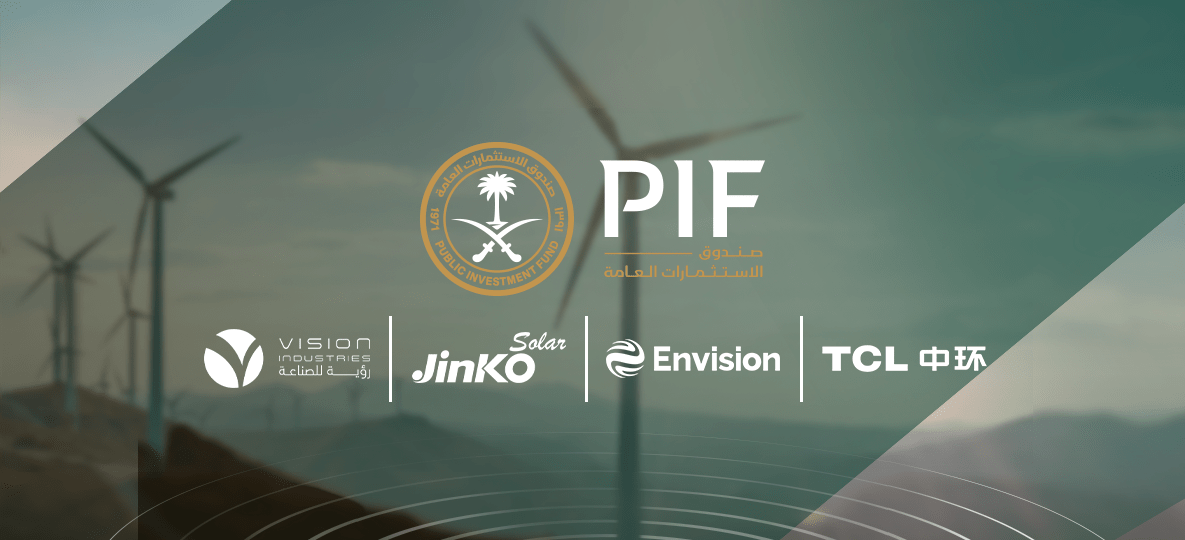- Eleven-month-long research study along Saudi Arabian coast revealed an extraordinarily rich diversity of habitats.
- Survey supports Saudi Vision 2030, country’s roadmap for a sustainable future.
- Study is in line with PIF’s commitment to investing in the country’s tourism credentials, creating new ecosystems and unlocking new sectors.
The eleven-month-long research study along Saudi Arabia's Red Sea coast revealed an incredibly rich diversity of habitats, flora, and fauna. These include an impressive amount of endangered and critically endangered species, such as the halavi guitarfish, hawksbill sea turtle and sooty falcon, as well as a thriving, eight-meter-high single coral colony estimated to be approximately 600 years old.
The survey, conducted by TRSDC, serves a critical objective in creating a baseline understanding of the condition of the local environment through analysis of the populations, behaviors, and habitats of the wildlife across 200km of vibrant coastline within TRSDC's flagship destination, The Red Sea Project.
The research forms the marker against which TRSDC will measure progress towards its ambition to deliver meaningful net conservation benefits through biodiversity enhancement efforts, and plays an important role in identifying and highlighting areas of environmental concern, which require future mitigation and action.
Vision 2030, Saudi Arabia's transformation roadmap, aims to position the country as an international leader in sustainability. In line with this, the TRSDC baseline survey reflects the country's efforts towards protecting and rehabilitating the nation's beautiful beaches, natural reserves and islands, while making them open to everyone.
The study was released during the UN World Ocean Conference in Lisbon (27 June–1 July), where the world's leading scientists and governmental organizations are meeting to mobilize for global ocean action. Download the full environmental baseline survey white paper here.
PIF's giga-projects, which include The Red Sea Project, are helping to diversify the economy away from oil and unlock new sectors.






